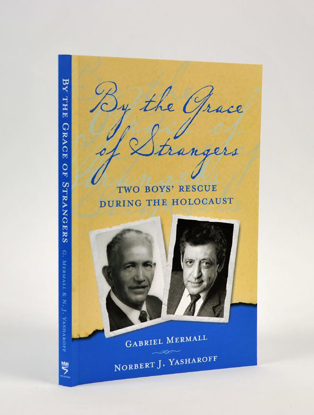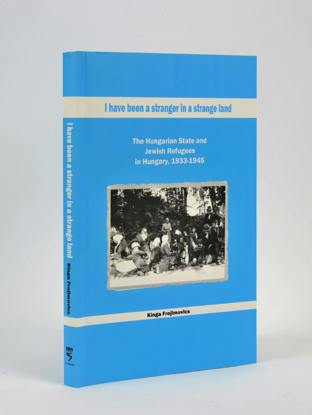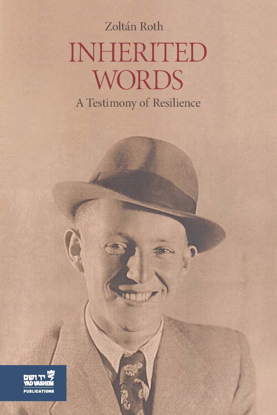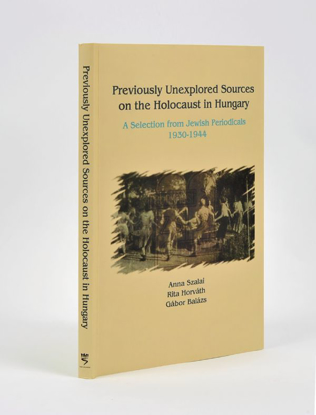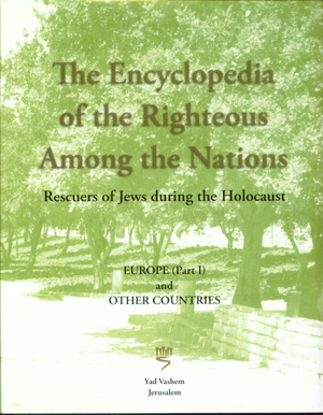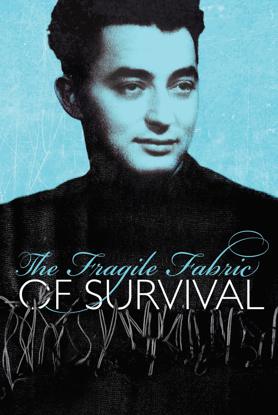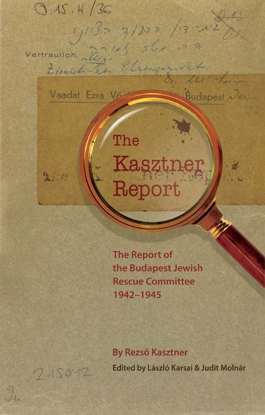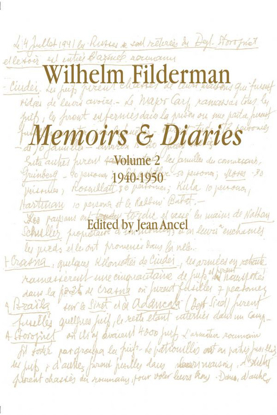מוצרים מתוייגים עם 'Hungary'
By the Grace of Strangers: Two Boys’ Rescue During the Holocaust
Gabriel Mermall; Norbert Yasharoff | Foreword by David Silberklang
I Have been a Stranger in a Strange Land: The Hungarian State and Jewish Refugees in Hungary, 1933-1945
Kinga Frojimovics
Inherited Words: A Testimony of Resilience
Zoltán Roth
There were many times when I felt an irresistible desire to stop, and those were moments that I had to really choose between fighting for life or not. My other option was to continue walking. It seems that struggling for the yet unlived part of my life was stronger. I didn’t stop.
Previously Unexplored Sources on the Holocaust in Hungary: A Selection From Jewish Periodicals, 1930-1944
Anna Szalai, Rita Horváth, Gábor Balázs
The Encyclopedia of the Righteous among the Nations: Europe (Part I) and Other Countries
Editors: Sara Bender and Pearl Weiss
The Fragile Fabric of Survival: A Boy’s Account of Auschwitz
Tomáš Radil, Academic Editor: Bella Guterman
It is impossible to forget Auschwitz-Birkenau. It is useful to remember the basic ethical principles that allowed individuals to retain their humanity even in conditions that were barely human. Born in the Slovakian capital Bratislava, Tomáš Radil grew up in Párkány (Štúrovo), a small border town on the Danube that became part of Hungary in 1938. When the Wehrmacht occupied the country in mid-March 1944, the tide of war had long turned against Germany. Despite the precarious military situation on all fronts, the Nazis did not abandon their genocidal plans. Within eight weeks, hundreds of thousands of Hungarian Jews were deported to Auschwitz-Birkenau, where most of them were murdered immediately after arrival.
The Kasztner Report: The Report of the Budapest Jewish Rescue Committee 1942–1945
Rezső Kasztner | Editors: László Karsai and Judit Molnár
Wilhelm Filderman: Memoirs and Diaries, volume 2 – 1940-1952
Editor: Jean Ancel | Revised and annotated by Leon Volovici and Miriam Caloianu




